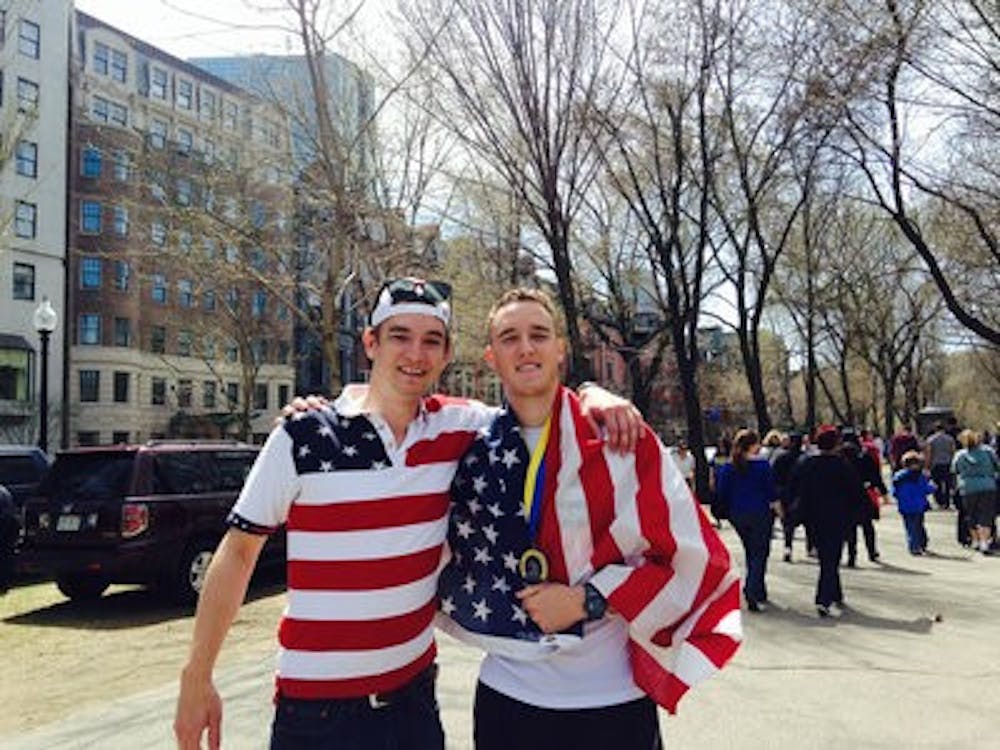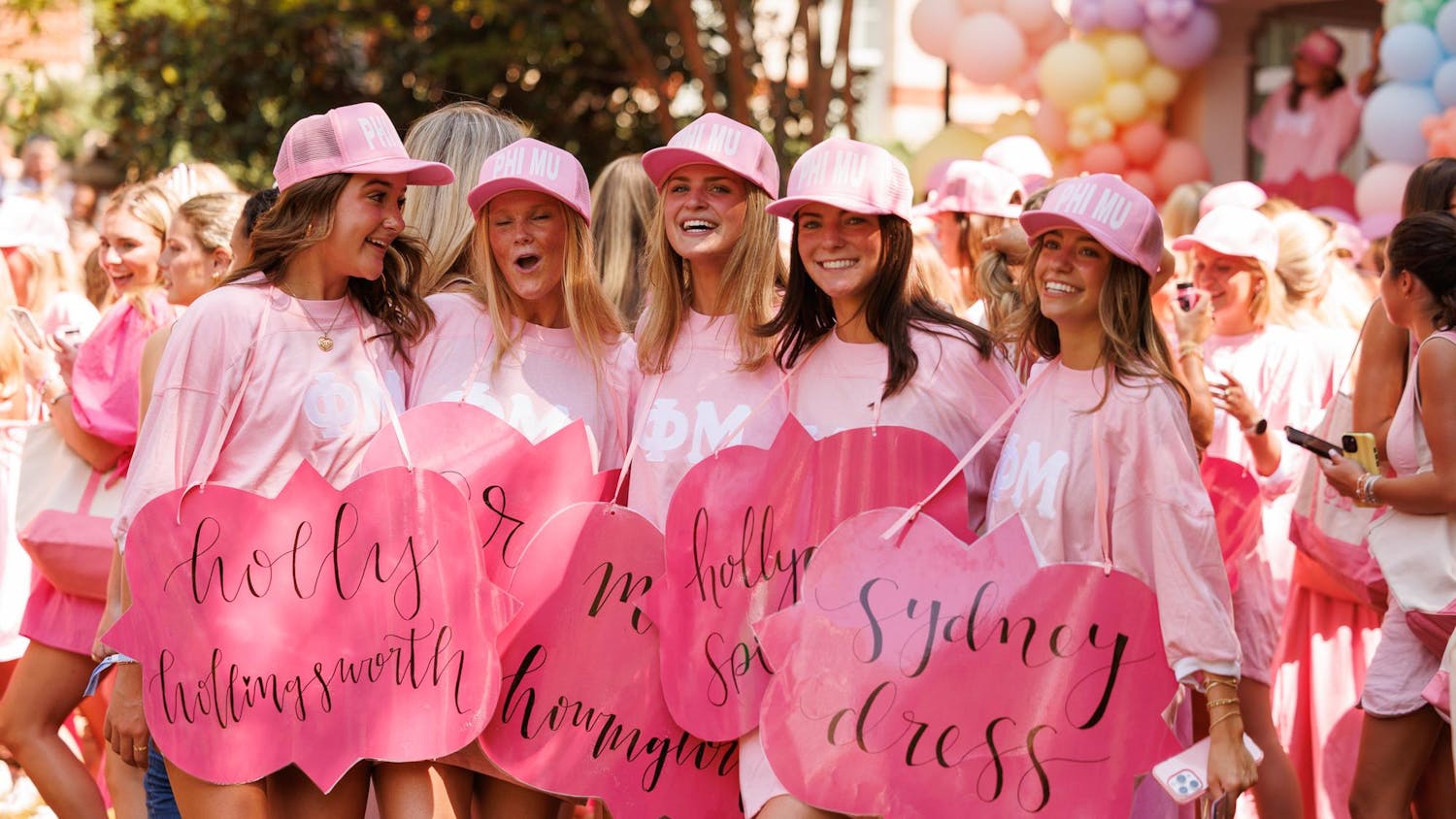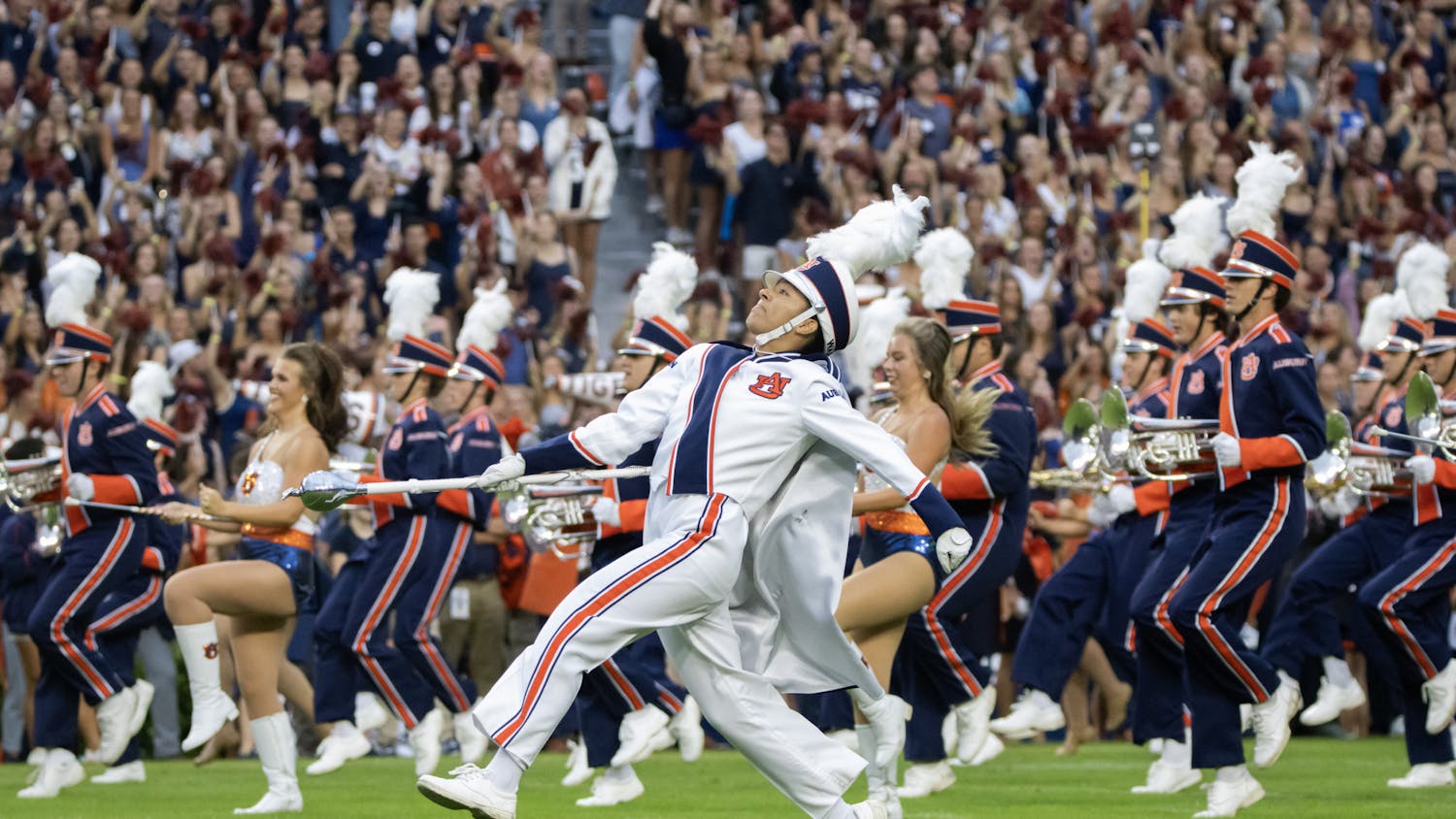From time to time, fate plays out in a way that makes us stop and appreciate what we have.
During last year's Boston Marathon, two pressure cooker bombs exploded, killing three people and injuring more than 260 who were running or watching from the sidewalk.
Two Auburn students, Louis Roger, junior in sociology, and John Christenson, senior in history, were nearly among those who witnessed the attack last April.
"I would have like to run there, but I couldn't because the registration deadline ended in September, and I didn't qualify till December," Christenson said. "In the days to come, I knew I wanted to be a part of next year's."
Roger, a member of the Marine ROTC program at Auburn, came just 15 seconds away from qualifying for the race in 2013.
"I was pretty bummed about that," Roger said. "But it turns out, because of that 15 seconds I wasn't at the race where the bomb went off."
Roger said he was at a loss for words when he heard the news.
"I just don't know what to say," Roger said. "It's just kind of a crazy chain of events. I miss it by 15 seconds, and a bomb goes off."
Both Roger and Christenson ran in 2014's race, and agreed that it was an unforgettable experience.
Known in Boston as "Marathon Monday," the race is a holiday for Bostonians, as more than 500,000 spectators come out to offer their support to the runners.
"Not just anyone can do it," Christenson said. "You're in a pretty elite group of runners, which is pretty special."
"It was an awesome experience," Roger said. "There were more people in that marathon than any road race I've done."
Roger said the streets of the city throughout the course of the race were covered in spectators there to offer their support and observe the one year anniversary of the tragic attack last April.
"The whole city was out on the streets," Roger said. "Honestly, I can't think of more than a few hundred meters of blank space on the side where there wasn't anyone. There was probably like mile total that wasn't covered by fans cheering."
With the events that took place last year, safety was priority number one for Boston city officials, which Roger said was never a problem.
"There was tons of security," Roger said. "Everyone felt really safe."
After the 2013 attack, the city of Boston adopted the "Boston Strong" moniker, which took on a life of its own and was promoted by sports teams and companies throughout the city.
"Everyone was wearing 'Boston Strong' shirts," Roger said. "That was kind of the theme. Like saying 'We can come back from a terrorist attack and still have another very successful run.'"
Christenson said the atmosphere in Boston was unlike any other race he has ever run in.
"You're running from the suburbs into the city," Christenson said. "As you get closer and closer to the city, you have more and more people lining the streets. There is an incredible amount of energy there."
Do you like this story? The Plainsman doesn't accept money from tuition or student fees, and we don't charge a subscription fee. But you can donate to support The Plainsman.





